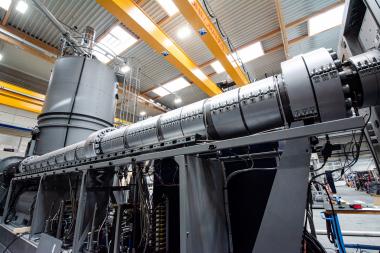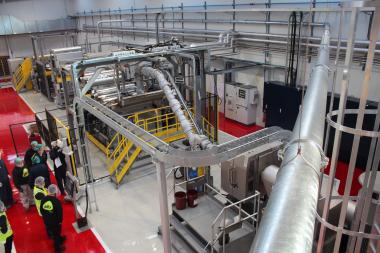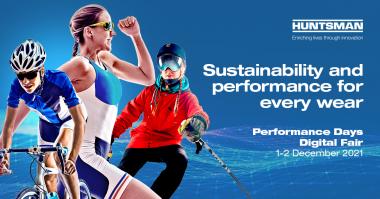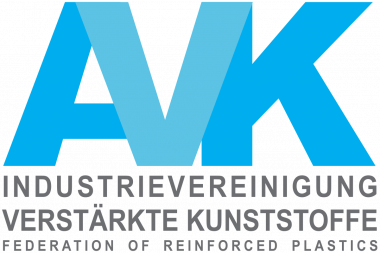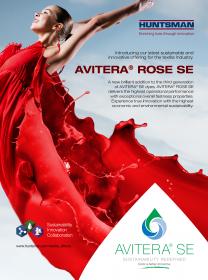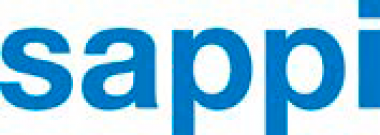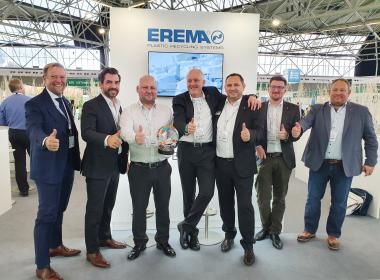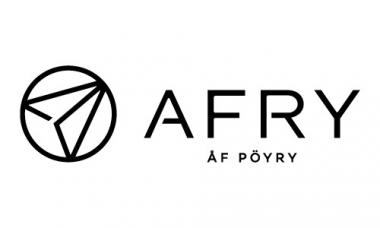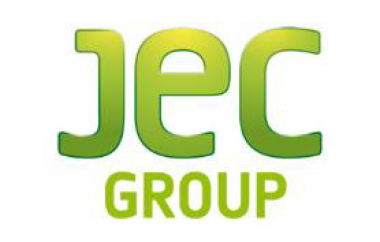EREMA: Large-scale recycling Plants for production capacity up to 40,000 tonnes per year
As the demand for recycled plastics grows, so does the size of the machines. This applies to the processing of polyolefins as well as to PET recycling. With its unique dimensions and production capacity, this new size of plant features a screw diameter of 280 mm, implemented for the first time in a VACUREMA® Basic 2628 T large-scale project for producing rPET pellets. EREMA has just shipped the plant to a customer in Brazil.
Up to 40,000 tonnes per year of rPET meeting the highest quality standards can now be produced. "For this purpose, we installed a screw with a length of ten meters, a diameter of 280 millimetres and a weight of 3.5 tonnes, which is the largest ever used in one of our recycling machines," explains Managing Director Michael Heitzinger. The screw was manufactured by 3S, a subsidiary of EREMA GmbH. No less impressive is the reactor of this recycling system, which, with a height of around 10 metres, is also unique and almost reaches the roof of the new production hall. 500 tonnes of input material were recycled during the test phase, which was subject to strict quality control. "The entire project was a great team effort," Heitzinger said, thanking everyone involved.
EREMA as a partner for large-scale projects
Just four years ago, the largest extrusion line supplied by EREMA was designed for a throughput of 15,000 tonnes per year. This size of plant was ordered by customers once or twice a year. In the meantime, machines like this leave the production site in Ansfelden every month. As early as 2020, EREMA proved to be a pioneer and reliable partner for implementing unique large-scale projects. That was when the food and beverage packaging manufacturer Envases Universales Mexico commissioned two VACUREMA® Basic 2625 T machines, each with a screw diameter of 250 mm and a capacity of 30,000 tonnes per year.
EREMA GmbH


